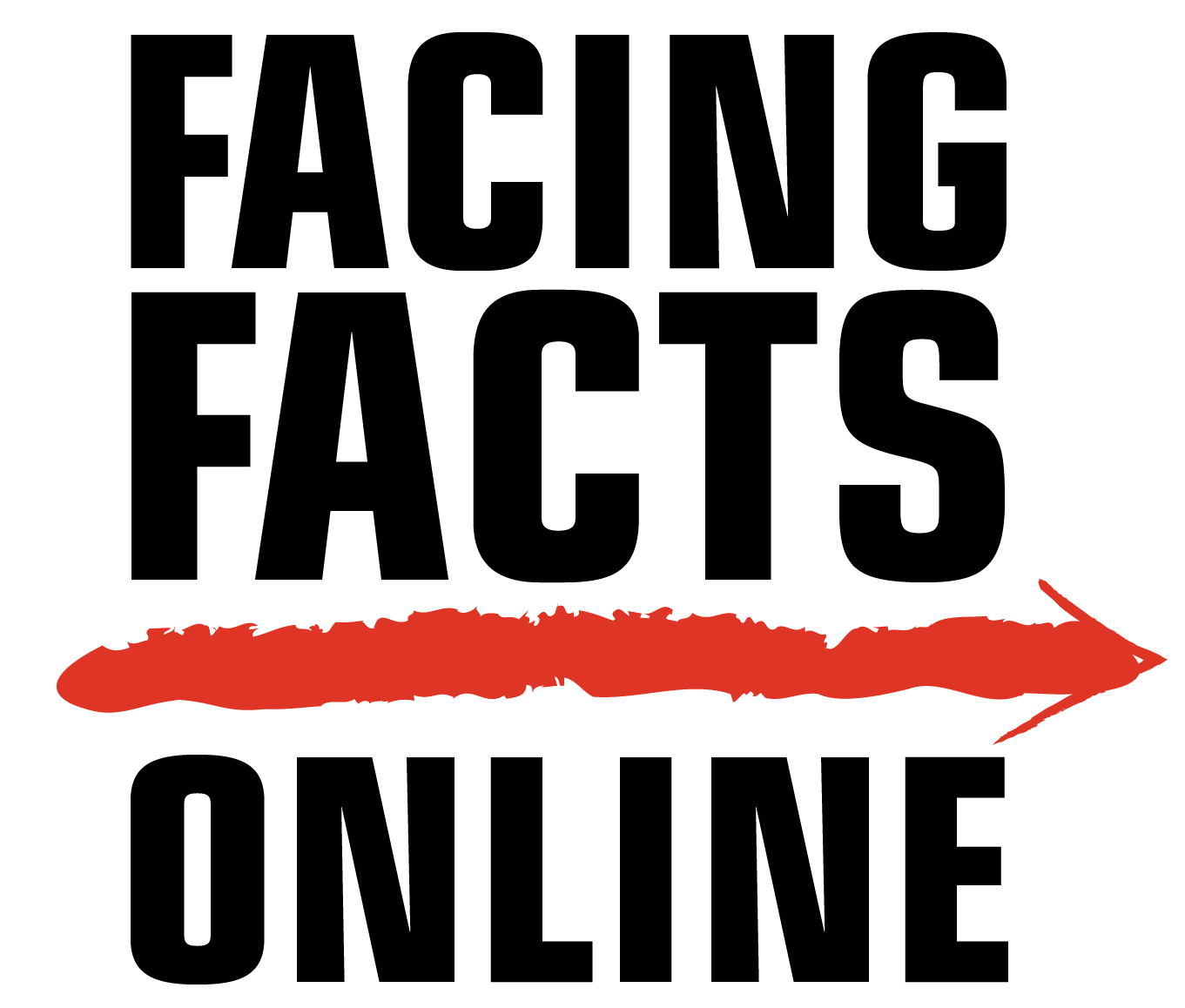Countering hate speech
An online course produced for the DACHS project by the European Journalism Centre and DataScouting, funded by the EU and in cooperation with CEJI – A Jewish Contribution to an Inclusive Europe.
What can you expect from this course
This is an introductory course especially designed for journalists who are or may become victims of online hate. The course covers a range of topics and offers practical guidance that equips journalists with appropriate tools to deal with hateful comments and attacks online.
We talk about what hate speech is and what the most relevant and internationally accepted definitions are. We look at how the elements of hate speech come together and how it relates to freedom of expression.
Another topic we cover is online safety and some practical tips and tools journalists can use to protect their privacy. We talk about technical and emotional safety, and basically how to stay sane on social media.
Eventually, we provide you with counter-action methods, ranging from reporting and removing all the way to counter speech, counter campaigns and more. What forms of counter-actions can journalists use?
Skill level
Beginner
Duration
46 minutes
Subtitles
- English
- French
- German
- Greek
- Spanish
Price
100% Free
Take this free course
Meet your instructor:
Julia Mozer
Originally from Hungary, Julia studied Marketing and Business Management in Denmark, France and England. After working for two years in Hungary and China, she completed her Master degree in Media and Public Relations at Leicester University, where she wrote her dissertation on ageism in the media. Dedicated to spreading the word of good causes, Julia joined CEJI-A Jewish contribution to an inclusive Europe in October 2016 as Communication Officer.
Since then she has gained extensive experience on issues related to countering and monitoring of hate speech and having developed the Facing Facts Online course on hate speech, she now mainly works as Hate Speech Advisor. In this position, she coordinated the adaptation of the course into German, French and Italian and participates in regular monitoring exercises of online hate speech, also within the framework of the European Commission’s Code of Conduct.
She previously participated in a research on counter-speech methods and continues to read and research toxic online behaviors – and their mental costs. Keeping a close eye on the latest trends of counter-actions from grassroots level to policy-making, she is passionate about digital safety, shaping our online spaces to be more respectful and more inclusive.
Interview: Get to know Julia Mozer
Course overview
-
Introduction
Introduces the course and the topics we cover.
-
What is hate speech
In this module we talk about what hate speech is and we go through the definitions that are out there.
-
Safety
In this module we go over some practical tips and tools to protect your privacy. We talk about technical safety and emotional safety.
-
Counter-action
In this module we look at differnt forms of counter-actions. Ranging from reporting and removing all the way to counter speech, counter campaigns and even more.
Course content produced in cooperation with

CEJI - A Jewish Contribution to an Inclusive Europe
stands with people of all backgrounds to promote a Europe of diversity and respect. A Jewish voice at European level, our activities include delivering diversity education, enhancing interfaith and intercultural dialogue, while advocating in the EU against antisemitism and discrimination of all kinds.
Learn More
Facing Facts Online
is an innovative programme aiming to tackle the issue of hate crime and hate speech in Europe. Since its inception in 2011, this initiative has been praised for its role in training on, and advocating for, hate crime monitoring systems that expose overlooked hate motivated acts.
Learn More

